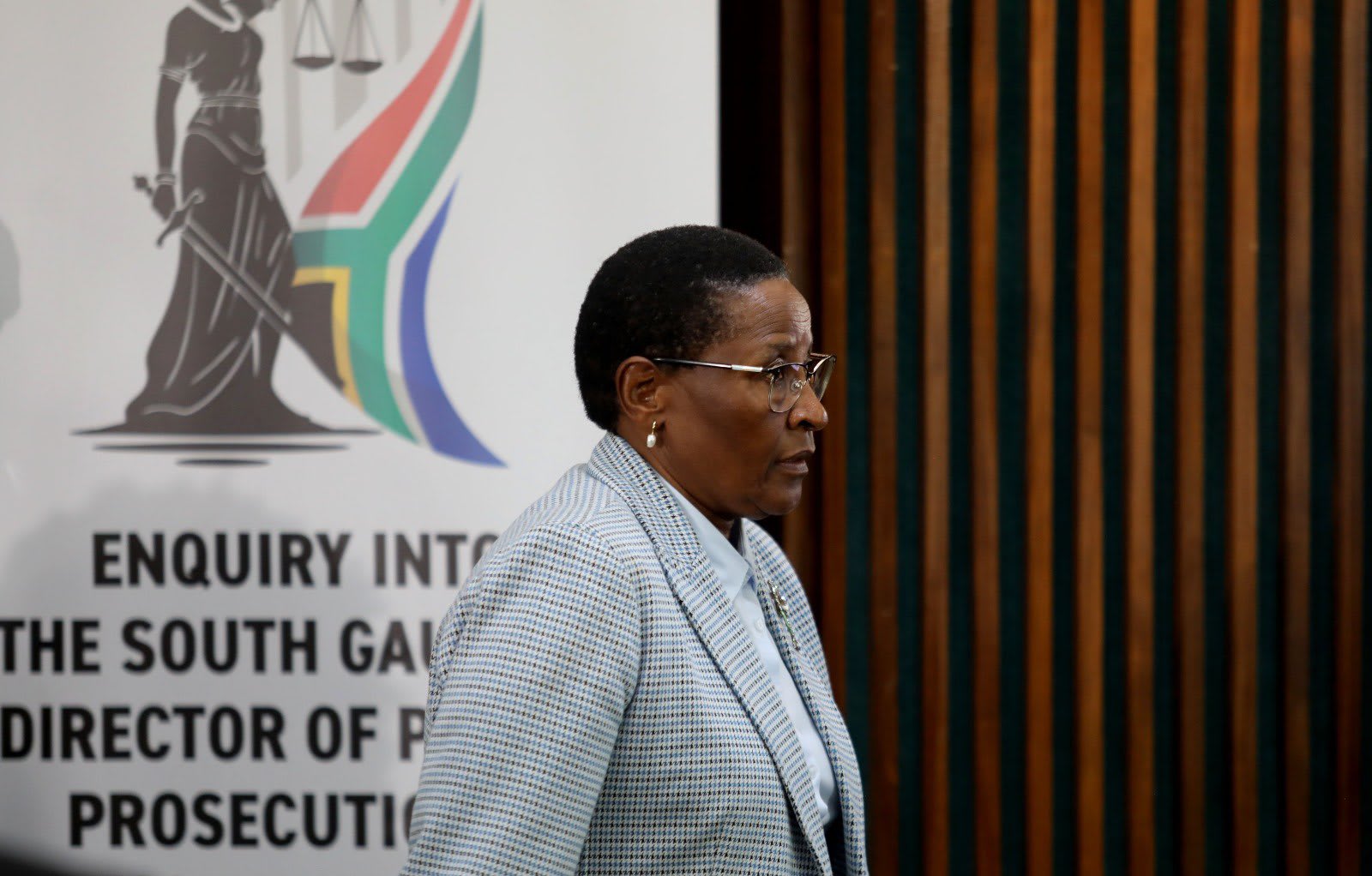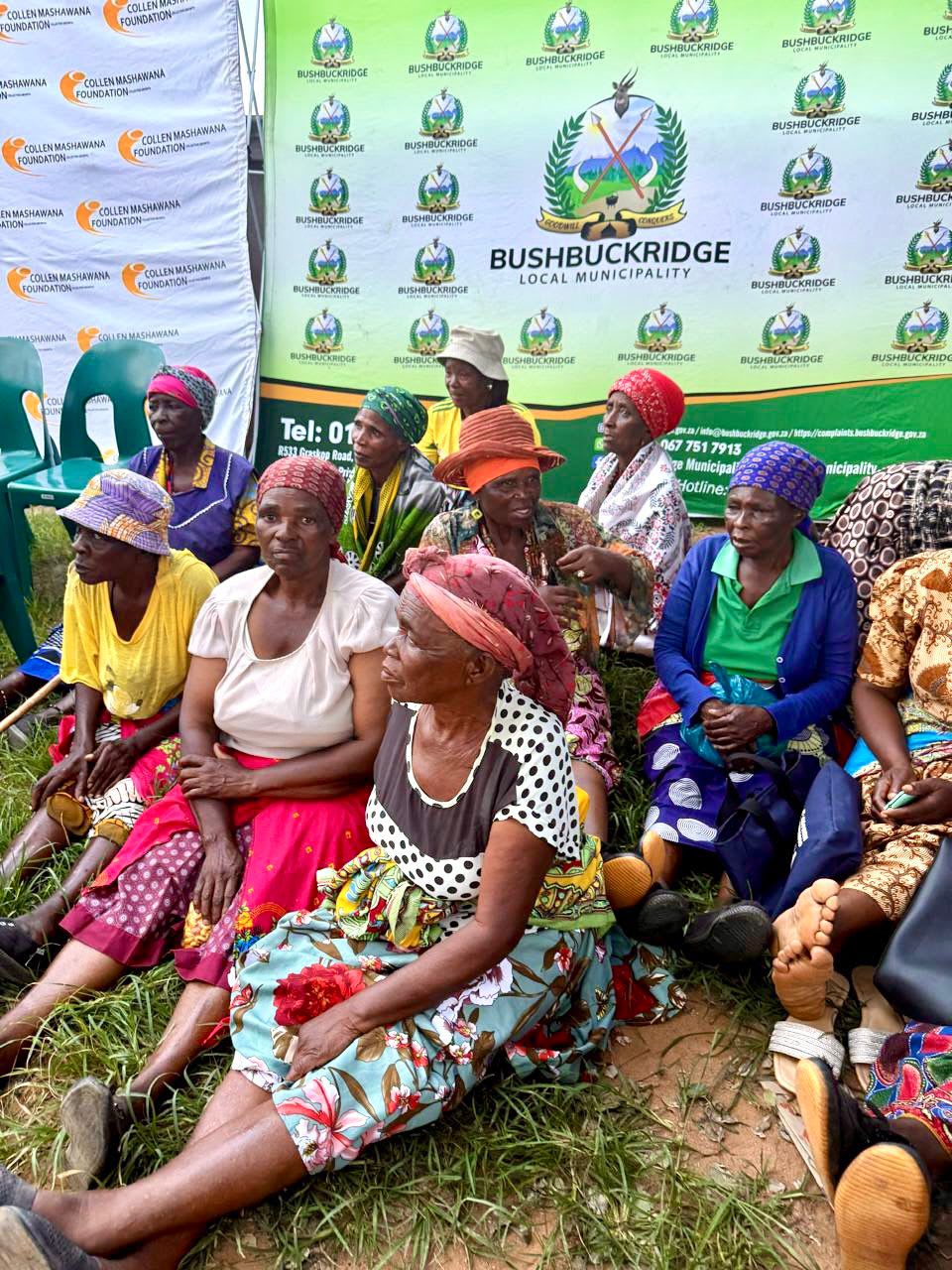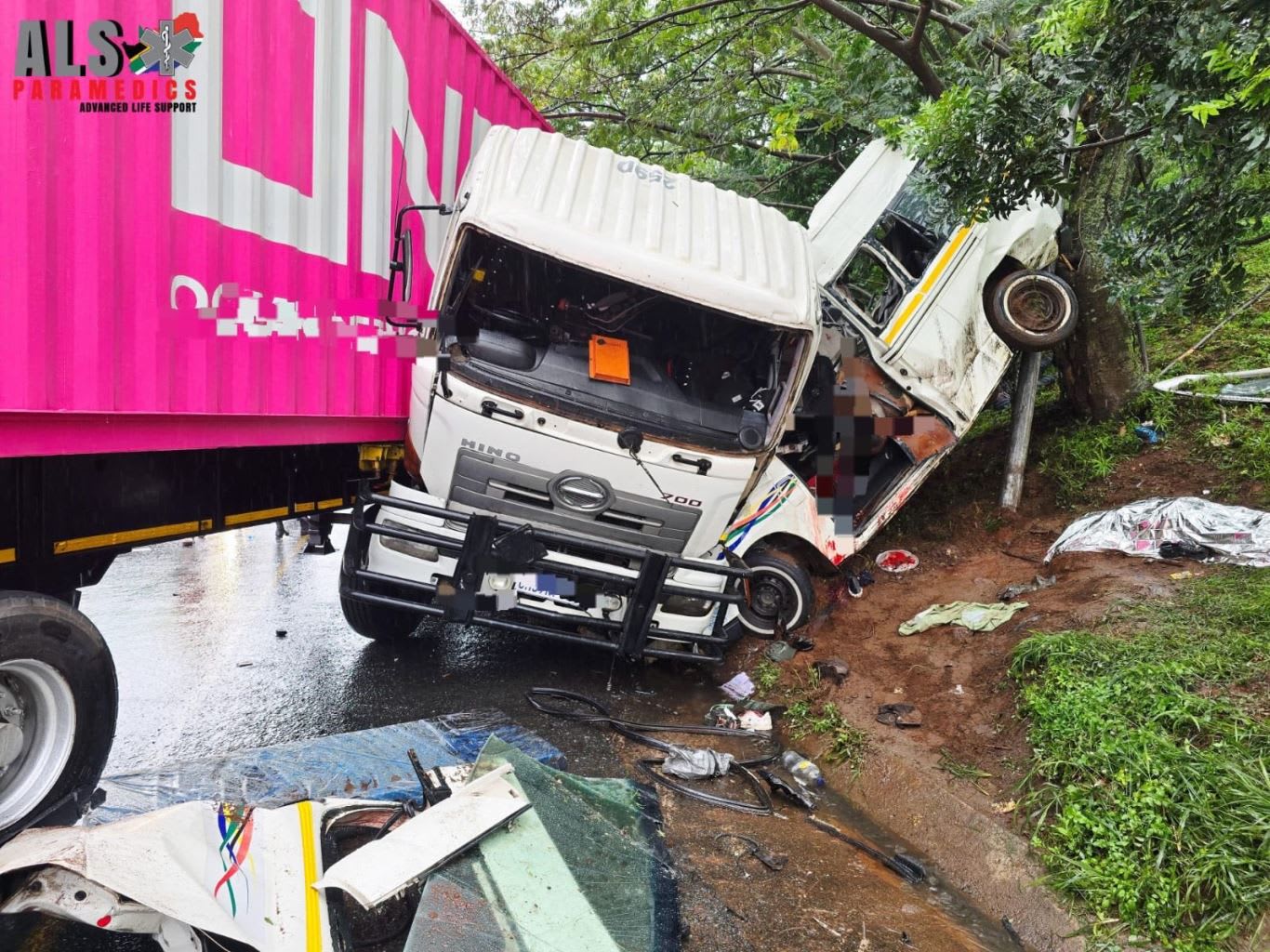Crime
1Min
South Africa
Oct 22, 2025
The Gauteng government has begun phasing out the AmaPanyaza Crime Prevention Wardens, retraining qualifying members as traffic officers over three years. The initiative aims to professionalize community safety operations amid ongoing criticism of the wardens’ legality and training standards.
The Gauteng Provincial Government has initiated a restructuring process that will see the reassignment and retraining of members of the Crime Prevention Wardens programme, commonly known as “AmaPanyaza.”
This decision forms part of a broader effort to formalize and professionalize the province’s community safety operations, addressing ongoing concerns over the wardens’ training, authority, and accountability.
The Crime Prevention Wardens were introduced in 2023 under the leadership of Premier Panyaza Lesufi. Their primary role was to assist the South African Police Service (SAPS) in combating crime within high-risk communities across the province. The programme was launched to increase visibility in crime prevention and provide immediate response support in local areas.
However, it faced sustained criticism from various sectors, including policing experts, civil rights organizations, and opposition parties, who questioned the wardens’ limited law enforcement training, the lack of clarity around their powers, and the legality of their operations.
In 2024, the Department of Justice attempted to provide legal standing to the wardens by designating them as “peace officers.” Despite this, criticism persisted that the designation did not resolve fundamental issues regarding accountability, competency, and oversight. Concerns were raised that the wardens operated without adequate training or regulatory supervision, which could compromise both public safety and the integrity of policing structures.
Premier Lesufi has stated that the decision to convert the wardens into traffic officers does not represent the discontinuation of their service but a strategic realignment. The transition will take place over a 36-month period, during which qualifying wardens will undergo formal training through accredited institutions to become provincial traffic officers. Those who do not meet the requirements will be reassigned to alternative municipal roles such as by-law enforcement or institutional security positions.
The provincial government has emphasized that this process will ensure all personnel operate within a recognized legal framework and adhere to national standards of conduct and performance. The training programme will focus on law enforcement procedures, traffic management, ethics, and community engagement. The intention is to create a structured, professional environment that eliminates ambiguity regarding authority and improves coordination with existing law enforcement bodies.
Opposition parties have criticized the initiative, suggesting that it represents an attempt to legitimize what they consider an unconstitutional and politically motivated programme. ActionSA, in particular, has referred the original wardens’ deployment to the Special Investigating Unit (SIU), citing alleged violations of governance and procedural irregularities. The party has argued that simply converting the wardens into traffic officers without addressing the root causes of mismanagement could perpetuate the same governance flaws under a different title.
Independent analysts have noted that the success of this transition will depend on several key factors: the quality and accreditation of the new training regime, the enforcement of professional standards, the clarity of command structures, and the establishment of effective oversight mechanisms. Furthermore, the treatment of wardens who are not selected for retraining will be a critical factor in maintaining labour stability and public trust.
The Gauteng government maintains that this decision reflects a commitment to improving community safety through lawful and accountable mechanisms. The provincial leadership has reiterated that the restructured system will be transparent and performance-based, prioritizing both community protection and the credibility of provincial law enforcement institutions.
The transition process is expected to begin before the end of the current financial year, with implementation oversight conducted jointly by the Gauteng Department of Community Safety and the Department of Roads and Transport. The provincial government will also engage the National Traffic Training College and relevant accreditation bodies to ensure compliance with national standards.
This restructuring represents one of the most significant policy shifts in Gauteng’s approach to local law enforcement in recent years. Its success will be measured by the ability of the restructured unit to enhance road safety, support lawful policing initiatives, and restore public confidence in the province’s crime prevention strategy.


















